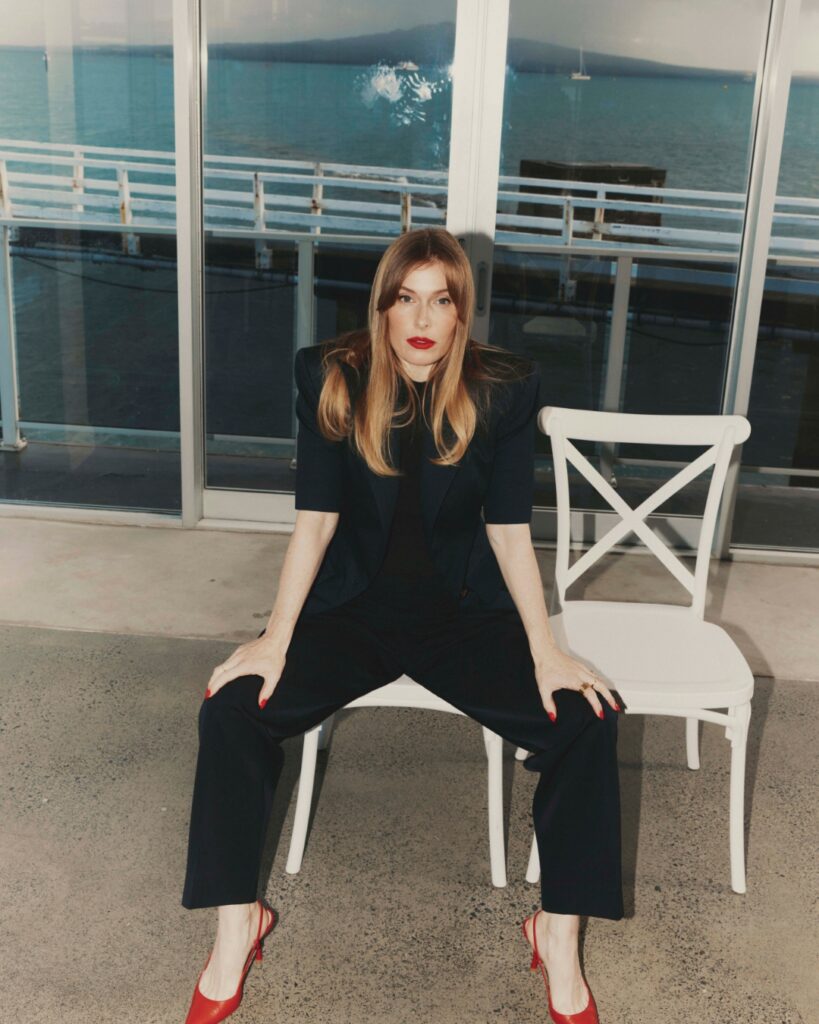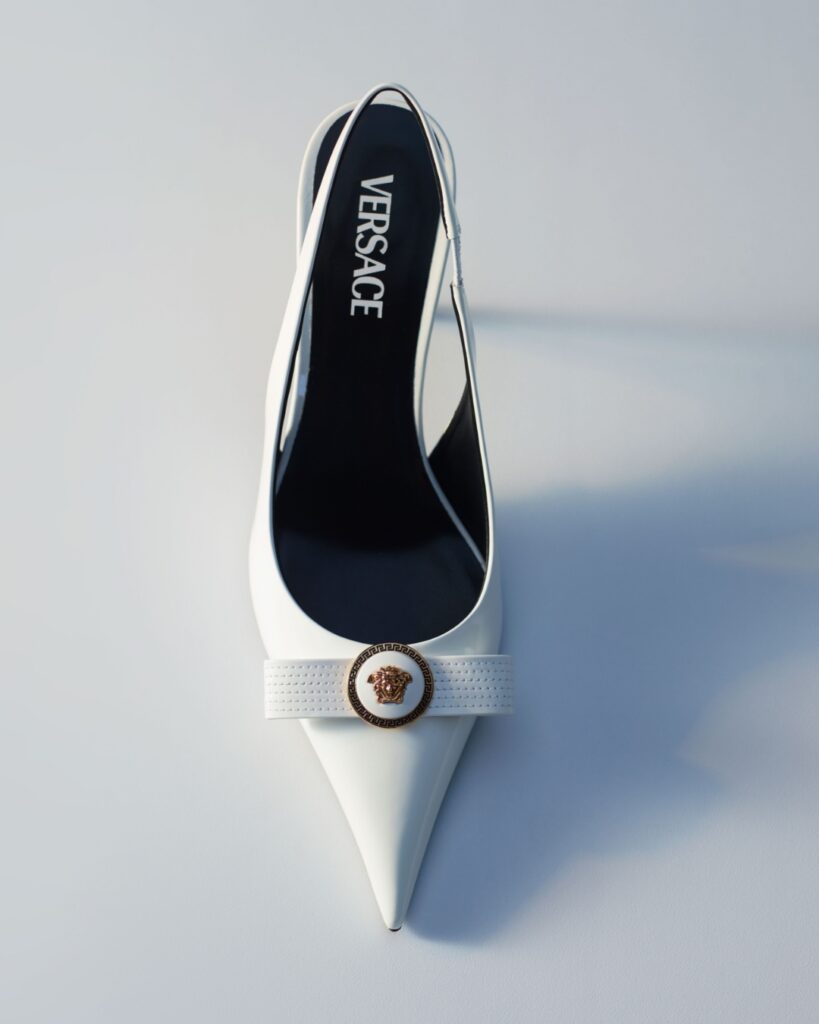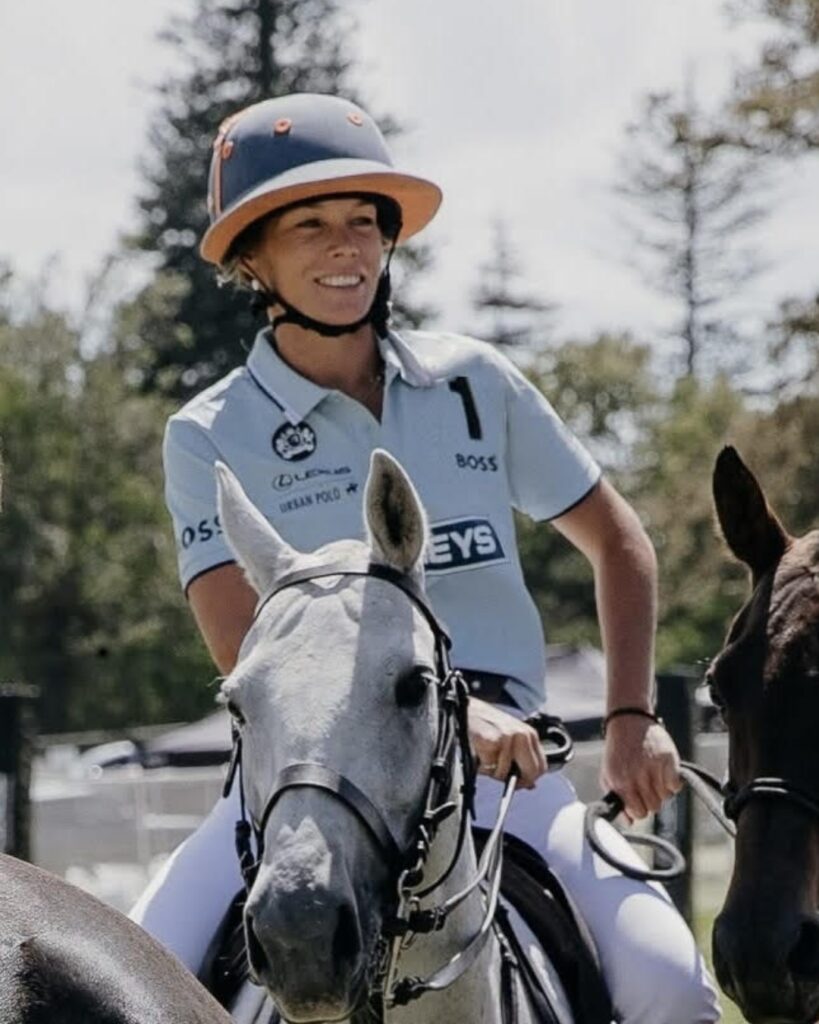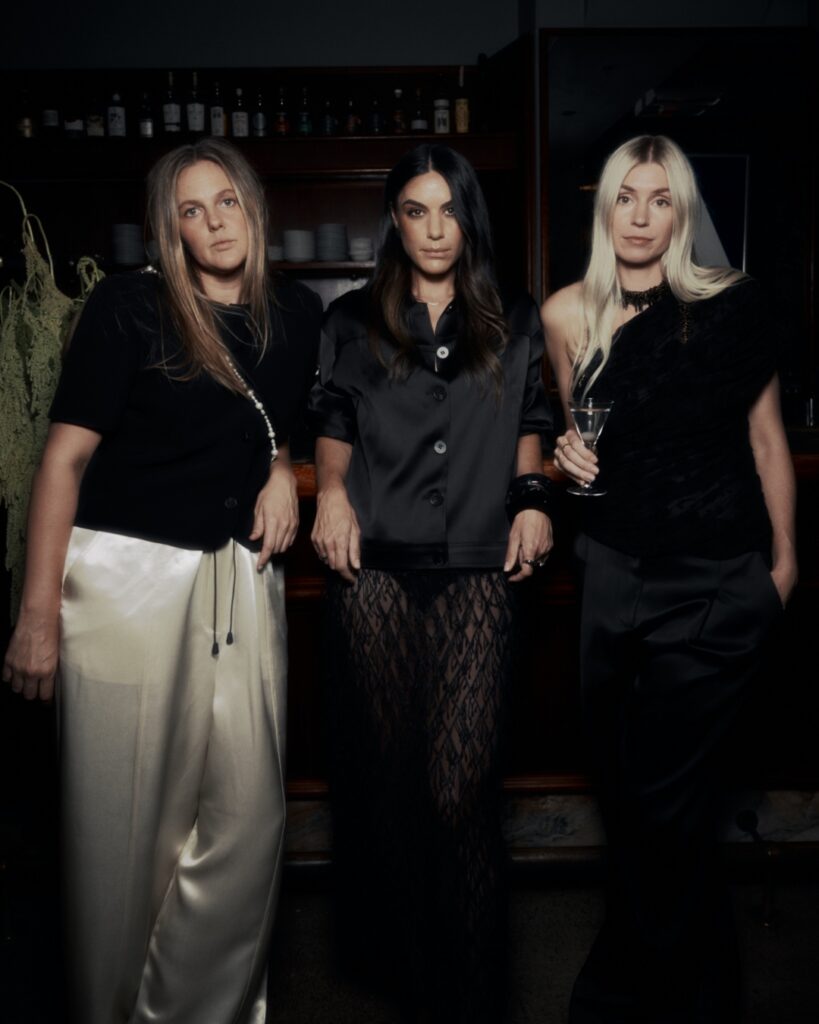The wellbeing movement has shown us how to become our best selves in every aspect; we explored why it’s time to introduce this mindful approach to another important facet of our lives.
If you’re reading this story with the corners curled up, not to raise suspicion among those in eyeshot, let me entice you to let go just a little and smooth the pages back. Living your best sex life should raise no more eyebrows than ordering a turmeric latte or attending a yoga class – they all can help reduce inflammation and stress.
Aside from the obvious fitness benefits, studies have shown that sex, and being in a loving relationship, makes us more resilient by boosting our immunity. It’s also been proven that feelgood hormones, from mood-boosting dopamine to stress-reducing endorphins and the connecting ‘love hormone’ oxytocin, rush through our body when we get intimate. MRA scans have shown the pleasure-rewarding areas of the brain, the amygdala, hippocampus and prefrontal cortex, all fire up when we do – helping us feel more satisfaction and self-love.
“Our sexual energy is our life-force energy so if you ignore it you’ll get sick – whether that’s being unwell or unhappy,” says sexologist and sex and relationship coach Juliet Allen. “It’s like eating healthy or exercising – sex re-energises you and improves your mental health so you feel good about the skin you are in.”
With a resolve to empower as many people as possible to have great sex, she connects with her clients via Skype from her home office near Byron Bay, Australia, and travels for workshops and in-conversation evenings, including a sell-out discussion last year hosted by Miss Crabb founder Kristine Crabb in Auckland.
As well as hosting her Authentic Sex podcast, Juliet has launched a holistic Mindful Sex Guide, which teaches its online users to feel turned on in all aspects of their life – from health to career and all of their relationships. The idea is that if you work on being your best self, your sex life will be the best ever too. “It covers all these different areas and brings awareness to how they flow into one another and become our purpose,” she says. “It helps us live in our truth so our sexual energy can grow.”
Keep reading: 5 things we learned from Juliet Allen
A recent epidemic getting in the way of us getting it on is our culture of busyness, adds Juliet. Instead of being preoccupied with seeking approval outside of ourselves, she urges her clients to take the time to look within. “Self-pleasure is where a great sex life begins,” she says – and she’s not just talking about the stylish crystal pleasure wands marketed on her website. The expert is talking about small joys we can find every day to help us reconnect with ourselves, such as feeling the warmth of the sun on our skin or drawing a hot bath.

As with most modern conundrums, there’s also an app that can help us tap into our sexual wellness. Recently launched in New Zealand, Dipsea is an online mindfulness platform that offers short, sexy stories to help subscribers get in the mood, while also learning about self-care and consent. “At Dipsea, we want to help women tap into their sexual powers and awaken their most confident, invigorated selves,” says CEO and co-founder Gina Gutierrez. “Sexuality is just as psychological as it is physical.”
Citing research showing 90 percent of women use mental framing to reach arousal, Gina says sexuality is the next frontier in wellness – we just need to take the first step. “We all know the feeling of struggling to get to yoga class and then leaving class feeling incredible, our bodies flooded with good feelings. Sex and self-pleasure can be the same way; it’s a way of unlocking a deep sense of aliveness and vitality that are highly aligned with practices like meditation or exercise,” she explains.
Dipsea is packaging sexual empowerment as an exciting experience, but Gina says barriers to unlocking this still exist. “Something about women’s pleasure is still shocking and a little frightening.”
A number of stylish new brands are helping our sexual health catch up with the rest of our personal care routine. New York-based Maude, for example, offers subtle essentials from dove-grey vibrators to organic lubricant that wouldn’t look out of place on a designer beauty shelf. “We call it sex made simple: pared-down products delivered in a friendly way,” says CEO and co-founder Éva Goicochea. “We are encouraging people to integrate sex into their everyday and ultimately just feel more comfortable.”

When it comes to marketing in the #metoo age, an inclusive approach is the way forward. “The Me Too era has brought news about sex culture to the forefront and allowed us to challenge how we talk about sex and how we treat one another,” Éva continues. “At Maude, we have always been beyond treating this like a ‘man, woman or otherwise’ solution and more about solving a human problem and I hope this will be how companies evolve in our current climate.”
Keep reading: Meet Maude, the female-led start-up making sexual health stylish
Being more open in how we talk about sex is the motivation behind Wellington journalist Melody Thomas’ radio show and podcast Bang!. “I want to use people’s stories and real experiences as a way of normalising conversations around sex, sexuality, relationships and consent so that some of the conversations we should be having in our personal lives, but aren’t having because it’s too uncomfortable or too embarrassing, are made easier,” she says.
While Melody was concerned how her show would be received – especially when it plays to an older-skewed audience after the 9pm news on Radio New Zealand – she’s been surprised by the support. Not only has the LGBTQI-aware show, which has just wrapped its third season, been nominated for awards, but strangers now walk up to Melody and tell her how it has changed their lives. “This is something that is important to so many people,” she says.
Now seems to be the time for a new kind of sexual awakening, says Melody. “There’s so much going on in the world that prioritising sexual pleasure can seem superficial. But I think it’s important to remember to what degree women’s sexual desires have been historically suppressed,” she adds. “As women reclaim their right to pleasure and insist that, for many of them at least, sex is something they do for the same reasons men do it (because it feels good and they like it), the more we enter into this whole dynamic on even footing. It becomes a two-way conversation. And that can only be good for our relationships.”











